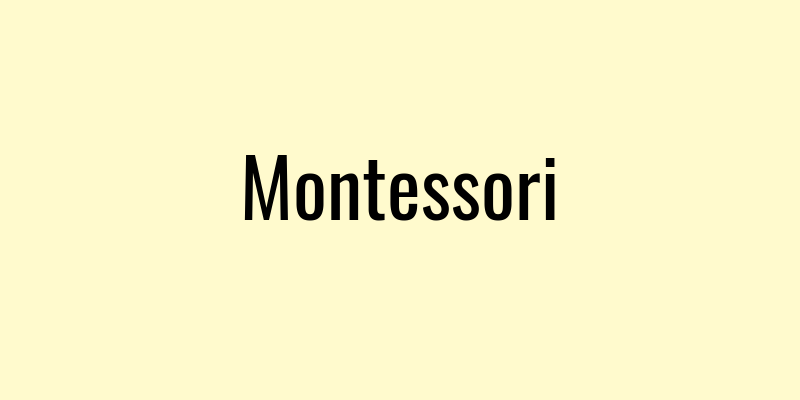The Power of Ignorance: Advantages and Disadvantages
Unraveling the Impact of Ignorance in Today's World
Ignorance, in its simplest definition, refers to the lack of knowledge or information about a particular subject. While being ignorant is commonly perceived as negative, it can also have its advantages. In this article, we'll explore the concept of ignorance, its potential benefits, as well as its drawbacks in various aspects of life.
From personal interactions to societal structures, the implications of ignorance are widespread. By delving into its advantages and disadvantages, we can gain a deeper understanding of how ignorance shapes our world and influences decision-making at both individual and collective levels.
Pros
While the word 'ignorance' often carries a negative connotation, there are surprisingly some advantages to embracing a lack of knowledge in certain scenarios. Let's explore some unexpected benefits of ignorance.
Encourages Curiosity and Learning
In some cases, ignorance can act as a catalyst for curiosity. When individuals are unaware of a particular subject, they may be more motivated to seek knowledge and expand their understanding. This can lead to a genuine sense of wonder and the desire to explore new ideas, ultimately fostering a mindset of continuous learning and growth.
Promotes Creativity and Innovation
Ignorance about existing norms or limitations can spark unconventional thinking. Without preconceived notions, individuals may feel free to explore uncharted territories and devise innovative solutions. This open-mindedness, unencumbered by conventional wisdom, can lead to breakthroughs and original ideas that challenge the status quo.
Reduces Stress and Anxiety
In certain situations, ignorance can offer a sense of relief by alleviating the pressure to know everything. Embracing a level of ignorance about minor details or trivial matters can free individuals from unnecessary worry and perfectionism, allowing them to focus on more essential aspects of life.
Fosters Spontaneity and Open-mindedness
Ignorance can sometimes lead to spontaneous and open-minded perspectives, allowing individuals to approach situations with fresh eyes and unconventional solutions. Without preconceived notions, people may find themselves more receptive to new ideas and experiences, fostering a culture of curiosity and exploration.
Fosters Humility and Empathy
Ignorance can lead individuals to recognize and acknowledge their lack of knowledge, fostering humility. This humility can then translate into empathy, as individuals become more understanding of others' struggles and perspectives. By realizing their own limitations, people may become more compassionate and open to learning from others.
Provides a Blank Slate for Fresh Perspectives
Ignorance, in certain situations, allows individuals to approach problems and situations with fresh eyes and an unbiased mindset. While knowledge and experience are valuable, not being bound by preconceived notions can lead to new and innovative solutions. This blank slate can be an advantage in fields where creativity and unconventional thinking are essential.
Missing a pro?
Let us know which pro you are missing!
Cons
Despite the potential benefits, ignorance also carries significant drawbacks, which can impact decision-making, relationships, and societal progress. Let's delve into the perils of ignorance and its implications in various spheres of life.
Stifles Personal and Professional Development
A persistent lack of knowledge or a refusal to acknowledge one's ignorance can hinder personal and professional growth. Without a willingness to learn and adapt, individuals may remain stagnant in their skills and perspectives, limiting their potential for advancement and fulfillment.
Undermines Informed Decision-Making
Ignorance, especially when combined with overconfidence, can lead to flawed decision-making. In contexts where informed judgments are crucial, such as governance, policymaking, or critical personal choices, ignorance can have far-reaching and detrimental consequences.
Nurtures Complacency and Stagnation
One significant drawback of ignorance is its potential to foster complacency and stagnation. When individuals are unaware of new information or differing viewpoints, they may become comfortable with the status quo and resistant to change. This can hinder personal and societal growth, leading to missed opportunities for improvement and progress.
Leads to Harmful Decision-Making
One of the significant disadvantages of ignorance is its potential to result in harmful decision-making. When people lack essential information about a subject or issue, they may make decisions that have negative consequences for themselves or others. This can be observed in various areas, such as healthcare, finance, and social interactions.
Contributes to Division and Conflict
Ignorance, particularly when accompanied by stubbornness or close-mindedness, can contribute to division and conflict in communities and societies. When individuals are unwilling to consider new information or different perspectives, it can lead to polarization and friction between groups. This may hinder progress and collaboration, creating an environment of tension and discord.
Spawns Misconceptions and Prejudice
Ignorance can lead to the formation of misconceptions and stereotypes based on limited or biased information. When individuals lack a comprehensive understanding of diverse perspectives and experiences, they may unintentionally perpetuate stereotypes and harbor prejudice, contributing to social division and inequality.
Missing a con?
Let us know which con you are missing!
Conclusion
The duality of ignorance, with its potential for both positive and negative outcomes, underscores the complexity of the human experience. While embracing curiosity and creativity, it's essential to recognize the dangers of unchecked ignorance and actively strive for balanced, informed perspectives. Understanding the advantages and disadvantages of ignorance can empower individuals to harness its benefits while mitigating its potential harm.
What do you think?
Do you think the pros outweigh the cons?






